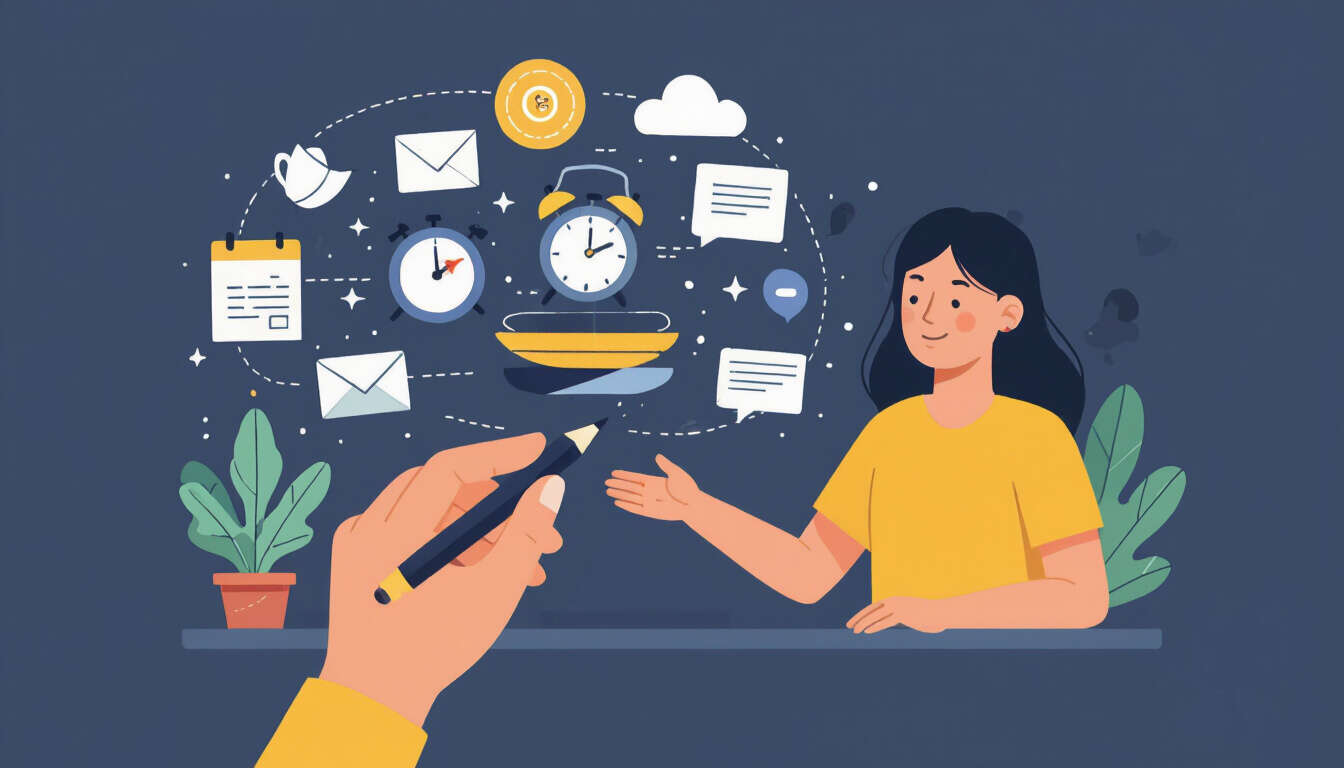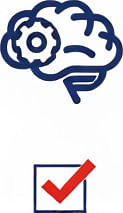Integrating Therapy into ADHD Productivity Strategies
 by Verner Mayer
by Verner Mayer
Discover how blending therapy with practical productivity methods can help adults and young adults with ADHD build routines that support focus and daily success. Learn simple techniques to make life more manageable and empowering.

Many people with ADHD face daily challenges that affect their ability to stay organized and complete tasks. This is where thoughtful productivity strategies come in, offering ways to create structure without overwhelming yourself. For instance, one effective approach is using timers to break work into smaller segments.
Building Routines with Therapy Support
Therapy provides a foundation for managing ADHD symptoms, and combining it with productivity methods can lead to lasting improvements. Therapists often suggest practices that encourage self-awareness, which pairs well with tools like daily planners. By incorporating these elements, you might find it easier to maintain consistency in your schedule.
Consider starting your day with a short reflection period. This helps set intentions and reduces the mental clutter that can derail plans. Reflection allows you to identify potential distractions early, making your routine more effective.
Practical Techniques for Everyday Life
When exploring productivity options, focus on methods that fit your unique needs. For example, the Pomodoro technique involves working for a set period followed by a break. This can be adapted through therapy sessions to address any resistance you feel.
Lists are another helpful tool. Creating a simple to-do list each morning keeps tasks visible and achievable. Pomodoro technique not only boosts concentration but also builds a sense of accomplishment with each completed cycle.
Incorporate movement into your routine, as physical activity can improve focus. A walk during breaks refreshes your mind and supports overall well-being. Therapy might guide you to recognize patterns, helping you choose activities that work best.
Overcoming Common Hurdles
Sometimes, sticking to a plan feels tough, especially with ADHD-related forgetfulness. Using apps or notes as reminders can bridge this gap. Therapy offers strategies to handle frustration, turning setbacks into learning opportunities.
Group similar tasks together to minimize switching between activities, which can be draining. For example, handle all emails at once rather than throughout the day. This method streamlines your workflow and reduces stress.
Remember, progress takes time, and it's okay to adjust as needed. Therapy integration means viewing these techniques as part of a supportive system that grows with you.
Staying Motivated and Empowered
To keep momentum, celebrate small wins along the way. This reinforces positive habits and builds confidence. Therapy can help you develop coping skills that complement your productivity efforts, creating a balanced approach.
Ultimately, by weaving therapy into daily strategies, you gain tools that promote independence and success. It's about finding what resonates and making it your own, leading to a more fulfilling life.
